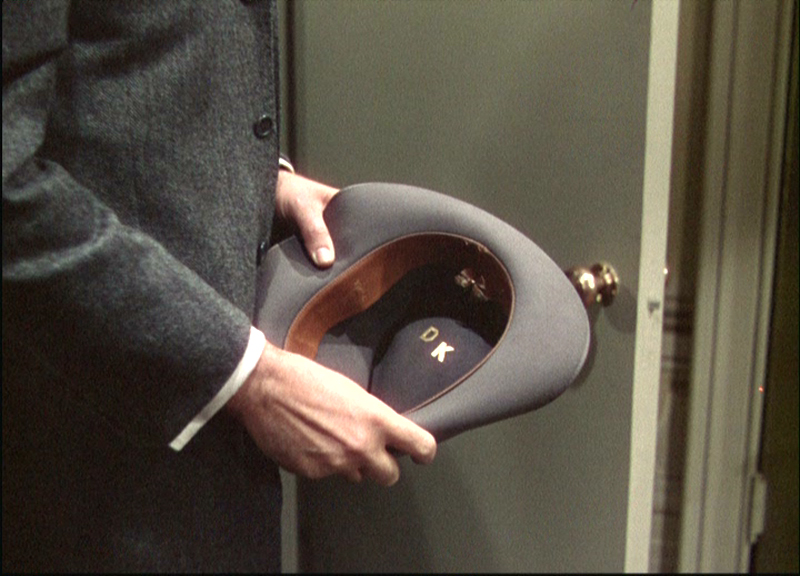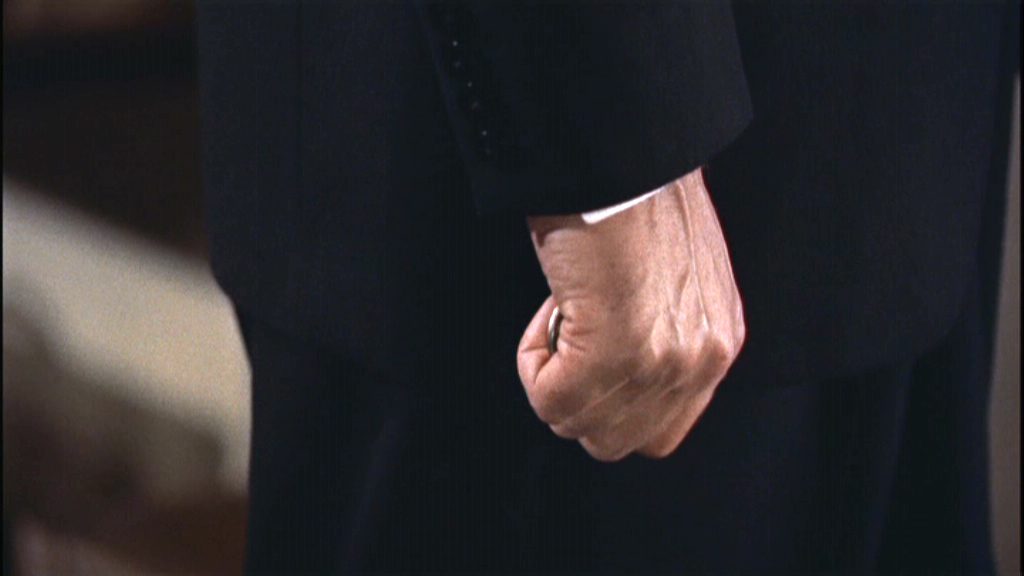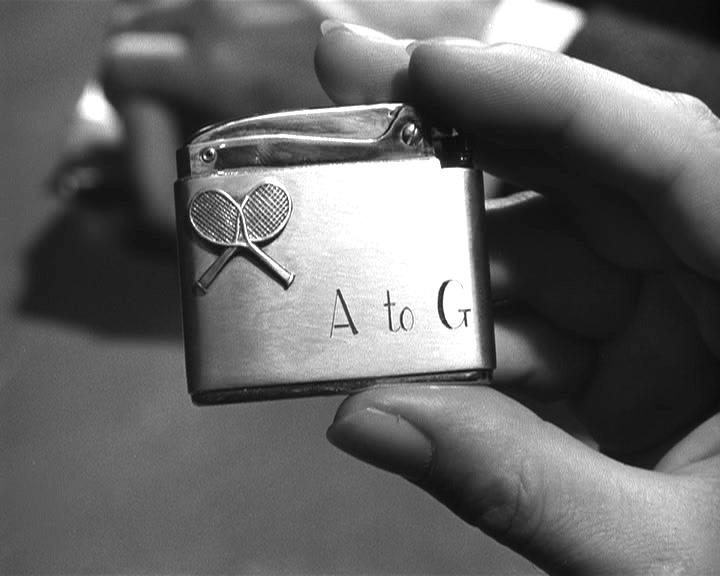by Frank L. Visco and others
Always avoid alliteration.
Prepositions are not words to end sentences with.
Avoid clichés like the plague — they’re old hat.
Employ the vernacular.
Eschew ampersands & abbreviations, etc.
Parenthetical remarks (however relevant) are unnecessary.
Parenthentical words however must be enclosed in commas.
It is wrong to ever split an infinitive.
Contractions aren’t necessary.
Do not use a foreign word when there is an adequate English quid pro quo.
One should never generalize.
Eliminate quotations. As Ralph Waldo Emerson once said, "I hate quotations. Tell me what you know."
Comparisons are as bad as clichés.
Don’t be redundant; don’t use more words than necessary; it’s highly superfluous.
It behooves you to avoid archaic expressions.
Avoid archaeic spellings too.
Understatement is always best.
Exaggeration is a billion times worse than understatement.
One word- sentences? Eliminate. Always!
Analogies in writing are like feathers on a snake.
The passive voice should not be used.
Go around the barn at high noon to avoid colloquialisms.
Take the bull by the hand and avoid mixed metaphors — even if a mixed metaphor sings, it should be derailed.
Who needs rhetorical questions?
Don’t use commas, that, are not, necessary.
Do not use hyperbole; not one in a million can do it effectively.
Never use a big word where a diminutive alternative would suffice.
Subject and verb always has to agree.
Be more or less specific.
Placing a comma between subject and predicate, is not correct.
Use youre spell chekker to avoid mispelling and to catch typograhpical errers.
Don’t repeat yourself, or say again what you have said before.
Don’t be redundant.
Use the apostrophe in it’s proper place and omit it when its not needed.
Don’t never use no double negatives.
Poofread carefully to see if you any words out.
Hopefully, you will use words correctly, irregardless of how others use them.
Eschew obfuscation.
No sentence fragments.
Don’t indulge in sesquipedalian lexicological constructions.
A writer must not shift your point of view.
Don’t overuse exclamation marks!!!
Place pronouns as close as possible, especially in long sentences, as of 10 or more words, to their antecedents.
Writing carefully, dangling participles must be avoided.
If any word is improper at the end of a sentence, a linking verb is.
Avoid trendy locutions that sound flaky.
Everyone should be careful to use a singular pronoun with singular nouns in their writing.
Always pick on the correct idiom.
The adverb always follows the verb.
And always be sure to finish what
![]()




 And the best kind of personification has always been anthropomorphism: attributing human qualities to animals. Like having bears wear pants. That’s so cool. Anthropomorphism also figures into one of my favorite quotes of all time: “
And the best kind of personification has always been anthropomorphism: attributing human qualities to animals. Like having bears wear pants. That’s so cool. Anthropomorphism also figures into one of my favorite quotes of all time: “